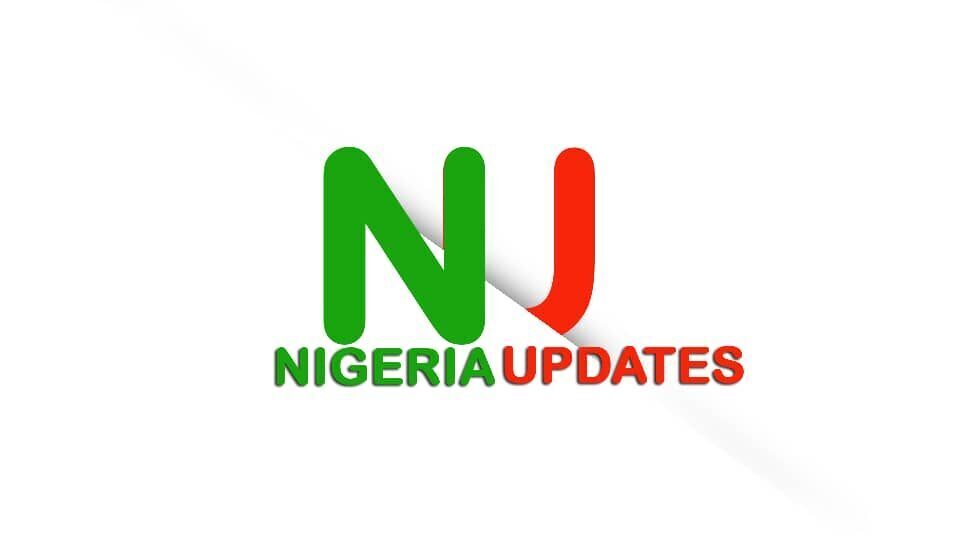In a major step to actualise his administration’s vision of transforming Anambra into Nigeria’s ‘Dubai-Silicon Valley,’ Governor Charles Chukwuma Soludo has approved a fresh round of infrastructure, water supply, and youth empowerment projects across the state.
The decision, made during the 17th Anambra State Executive Council (ANSEC) meeting on July 30, 2025, at the Light House in Awka, underscores the administration’s commitment to building sustainable, livable, and economically viable communities.
Nri-Agbanabo-Nimo Road Construction Approved
One of the key highlights of the meeting was the approval of the construction of the Nri-Agbanabo-Nimo Road. This road is expected to enhance connectivity between localities and improve mobility for residents and businesses in the area.
Speaking to journalists, the State’s Commissioner for Information, Dr. Law Mefor, stated: “This decision reflects our commitment to holistic development. We are not just constructing roads; we are opening up corridors of growth, investment, and community transformation.”
Restoration of Abakaliki Street Name
In a symbolic move aimed at preserving cultural identity, ANSEC also approved the restoration of “Abakaliki Street,” which was renamed “Club Road” by the previous administration in 2018.
According to Mefor:
“ANSEC corrected what it described as ‘a historic mistake’ to restore the street’s significance and uphold Igbo heritage. The Council reiterated the oneness of the Igbo people, emphasizing that geopolitical divisions are administrative conveniences, not ethnic identifiers.”
Dual Carriageway to Link Major Cities
Further expanding on road infrastructure, ANSEC awarded a fourth major dual carriageway—the Ekwulobia to Nnobi Dualisation Road Project. This completes the state’s beltway, linking the four major cities of Anambra and easing traffic flow around the state.
Water, Sanitation, and Hygiene (WASH) Projects Expand Access
In a parallel development, Governor Soludo’s administration has approved contracts for Water, Sanitation, and Hygiene (WASH) facilities in Nkwo Umunze and surrounding communities. These facilities aim to alleviate chronic water scarcity and enhance hygiene standards in underserved areas.
Other WASH-related approvals include:
Solar-powered borehole and rehabilitation of five broken boreholes at Chukwuemeka Odumegwu Ojukwu University, Uli Campus
Hybrid power-driven water supply systems for Nwafor Orizu College of Education, Nsugbe
WASH facility installation at Chief Jerome Udoji State Secretariat, Awka
Mefor emphasized that these actions are part of the broader urban regeneration framework, stating:
“The vision is to make every Anambra community livable and prosperous. This government is building the physical and human infrastructure that will shape the state’s future.”
Youth Skills Training and Innovation Incubation
ANSEC also reviewed the outcomes of Cohort One of the “One-Youth-Two-Skills Scheme,” where 7,163 out of 11,000 trainees excelled in 65 skill areas. The Council approved Cohort Two, alongside a business incubation programme under the Solution Innovation District (SID).
According to the state, over 1,000 millionaires have emerged from graduates of the digital skills training scheme, with 235 apprentices completing entrepreneurship programs across the 21 local governments.
“This is innovation-led growth at its core,” said Mefor. “The SID startup programme will empower early-stage businesses to thrive and create jobs. The governor is building not just roads but minds.”
Business Reforms and Urban Recreation
The Council also approved the 2024 Business Enabling Reforms Action Plan (BERAP), aimed at improving the ease of doing business in the state. Additionally, the Awka City Park Project, previously approved, will commence to enhance urban aesthetics and recreation in the capital city.
Governor Soludo’s Broader Scorecard
Governor Soludo’s ambitious agenda continues to receive accolades, including praise from President Bola Ahmed Tinubu and support from Anambra indigenes at home and abroad. His administration’s scorecard includes:
Security: Deployment of “Agunechemba” tech-driven policing and “Operation Udo Ga-Achi” operatives.
Education: Free education policies, overhaul of public schools, and hiring of 8,115 teachers.
Healthcare: New general hospitals, upgraded health centres, free antenatal care, and increased personnel.
Economy: Investments in industrialisation, youth digital training, and entrepreneurship support.


 Security6 days ago
Security6 days ago
 Business6 days ago
Business6 days ago
 Youths7 days ago
Youths7 days ago
 Politics6 days ago
Politics6 days ago
 Metro4 days ago
Metro4 days ago
 telecommunication5 days ago
telecommunication5 days ago
 Tourism3 days ago
Tourism3 days ago
 Security5 days ago
Security5 days ago
















